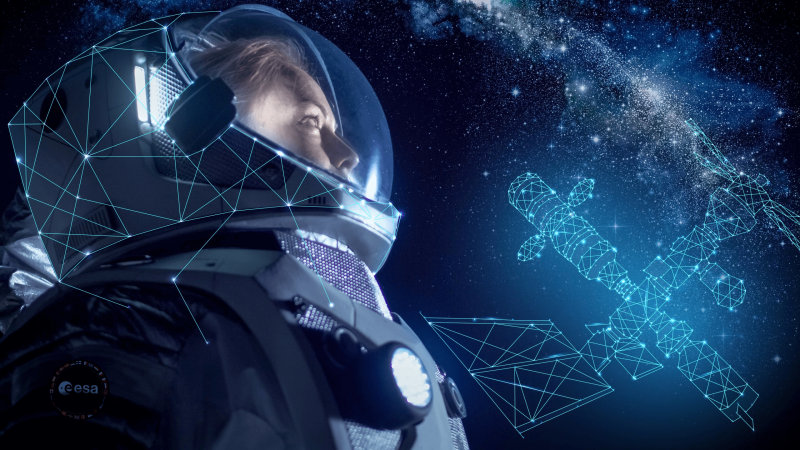Homo sapiens evolved as a separate species about 300,000 years ago. Measured in generations (with each generation lasting 20 years), that means there are about 15,000 great-great-etc. grandparents separating you from the earliest human ancestors. While that’s a remarkable fact in itself, what’s really remarkable is how the world each of those generations experienced was remarkably static.
But this kind of generation-to-generation stasis is clearly not the case for you, me, and most people on the planet today. Instead, we inhabit a world of rapid change driven by technology that has produced a techno-social world of staggering complexity. It’s a situation utterly unlike almost every other generation in the human lineage.
So, is that a problem? Have we created a world that’s too complex and fast-changing for our own good?
…
There was a lot of change from 1820 to 1920 but society didn’t fall apart. This may have something to do with the flexibility of both human cognition and the nature of the social networks (their topology) that keep societies stable.
Now, however, we seem to be driving strong changes on timescales that are less than a single generation. Is this too fast for the distributed cognition that occurs over our social and political networks to handle? Is the pace of technological change — coupled with the impact those changes have on social organization (i.e. the rules of the network) — now too fast for our systems to absorb? That, too, is the million-dollar question.































